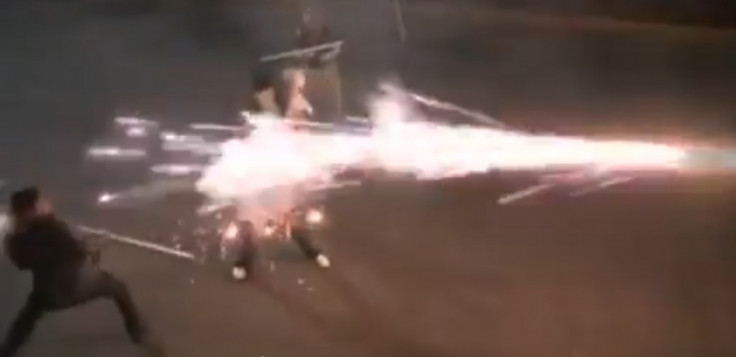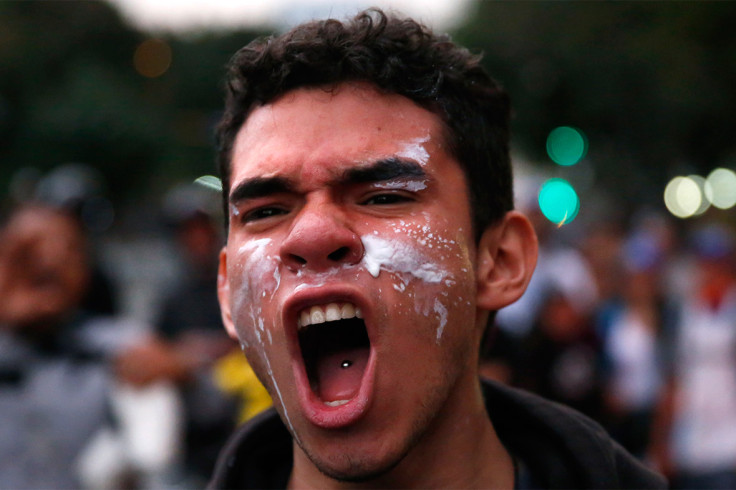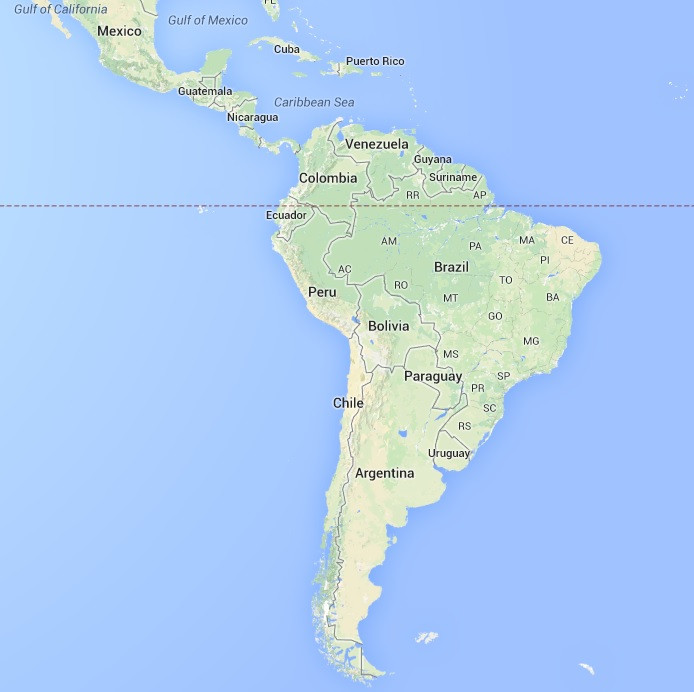Comment: Why is Latin America Rioting?

Two killed in continuing street violence in Venezuela. Students fire home-made rockets in Mexico. Activists dispersed with tear gas and water cannon in Chile. From recent media coverage, you could be forgiven for thinking the whole of Central and South America was descending into chaos. But what is the reality?
On the surface, riots in recent days in those three countries – separated by thousands of miles – appear to be the result of very different socio-economic and political factors. In Venezuela, where at least 33 people have died in the last month of street unrest, protesters are demanding an end to rampant corruption, high food prices and one of the world's highest murder rates.
In the Mexican city of Oaxaca, students have been protesting about the state of schools and are demanding better education services. In Chile's capital Santiago, 150,000 people from all walks of life were marching to demand quicker political reform.

Venezuela is headed by former bus driver Nicolás Maduro, who took over when Hugo Chavez died in March 2013. President Maduro pledged to complete the socialist transformation of the country begun by the outspoken and somewhat eccentric Chavez but opponents claim he is heavy-handed towards dissent and is presiding over an economy and society in meltdown.
Like Venezuela, Mexico has been blighted by violence, mainly among drug cartels in the north, but since his election in 2012 new president Enrique Peña Nieto has rapidly transformed the country's education, telecommunications and tax in a bid to modernise the country and attract inward investment. As the riots in Oaxaca show, the reforms aren't happening rapidly enough for everybody.

Chile's president, Michelle Bachelet, was elected less than two weeks ago but is already faced with the prospect of civil unrest by demonstrators demanding a veritable Smorgasbord of reforms including the legalisation of gay marriage and abortion, environmental reform, self-determination for indigenous communities and the right to vote for Chileans residing overseas.
Of course South America, like many other regions, is no stranger to rioting in the streets. The worry is that many observers believed historical problems that had historically blighted the region, including endemic corruption, poverty and oppressive governments were behind them; but the recent riots would seem to demonstrate that many people still feel disenfranchised from the region's growing stability and apparently spreading prosperity.
As Brazil prepares to host the 2014 World Cup, and despite that country's well-known love of football many people are demanding the tournament be held elsewhere, observers from across the world will be watching events unfold across Latin America with interest mixed with apprehension.
© Copyright IBTimes 2025. All rights reserved.




















